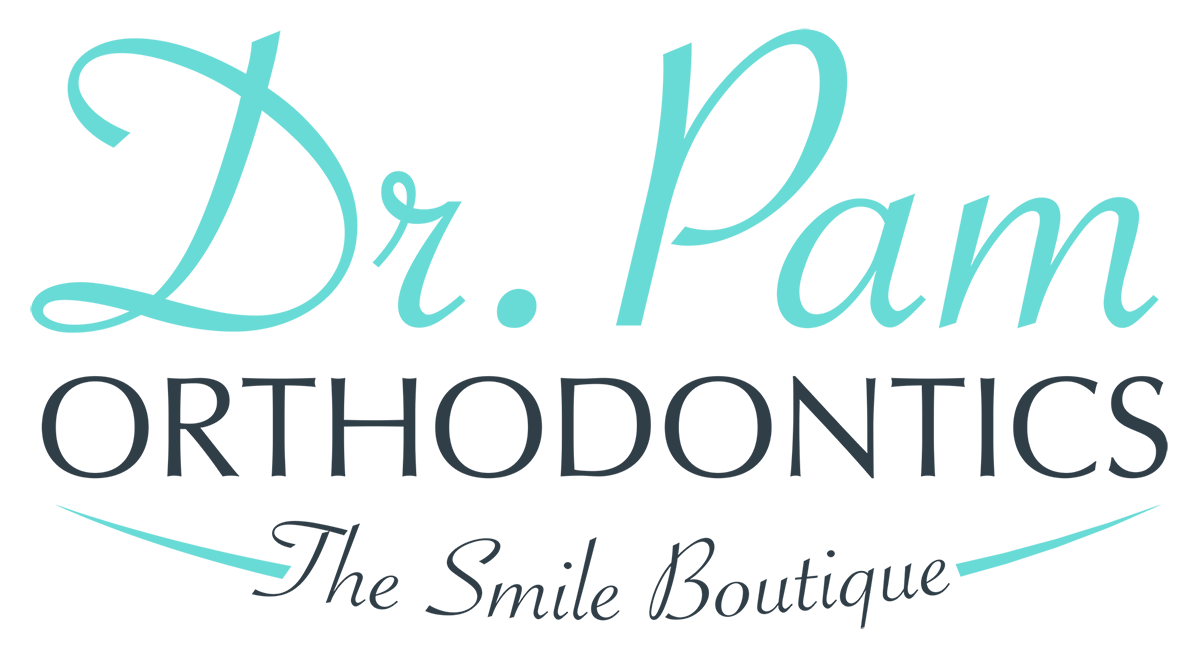Informed Consent for the Orthodontic Patient Risks and Limitations of Orthodontic Treatment
Successful orthodontic treatment is a partnership between the orthodontist and the patient. The doctor and staff are dedicated to achieving the best possible result for each patient. As a general rule, informed and cooperative patients can achieve positive orthodontic results. While recognizing the benefits of a beautiful healthy smile, you should also be aware that, as with all healing arts, orthodontic treatment has limitations and potential risks. These are seldom serious enough to indicate that you should not have treatment; however, all patients should seriously consider the option of no orthodontic treatment at all by accepting their present oral condition. Alternatives to orthodontic treatment vary with the individual’s specific problem, and prosthetic solutions or limited orthodontic treatment may be considerations. You are encouraged to discuss alternatives with the doctor prior to
beginning treatment.
Orthodontics and Dentofacial Orthopedics is the dental specialty that includes the diagnosis, prevention, interception and correction of malocclusion, as well as neuromuscular and skeletal abnormalities of the developing or mature orofacial structures.
An orthodontist is a dental specialist who has completed at least two additional years of graduate training in orthodontics at an accredited program after graduation from dental school.

